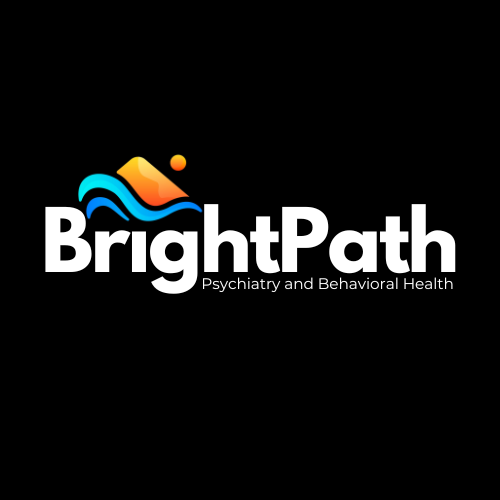What is an Eating Disorder?
A personality disorder is a mental health condition where people have a lifelong pattern of seeing themselves and reacting to others in ways that cause problems. People with personality disorders often have a hard time understanding emotions and tolerating distress. And they act impulsively. This makes it hard for them to relate to others, causing serious issues, and affecting their family life, social activities, work and school performance, and overall quality of life.
A mix of genetics, environment and social factors play a role in the development of eating disorders. Some people with eating disorders may use extreme measures to limit food intake or food groups when they feel like other aspects of their lives are hard to manage. An obsession with food becomes an unhealthy way of coping with painful emotions or feelings. Thus, eating disorders are more about finding healthy way to manage your emotions than about food.
Specific symptoms of eating disorders vary by type. It may be difficult to spot an eating disorder as it often mimics dieting. Or, a person struggling with an eating disorder may be reluctant to share their eating concerns. If you or a loved one has an eating disorder, you may notice these general changes:
- Mood swings.
- Fatigue, fainting or dizziness.
- Thinning hair or hair loss.
- Frequent bathroom breaks after eating.
- Unexplained weight changes or drastic weight loss.
- Unusual sweating or hot flashes.
Other changes could include:
- Solo dining or not wanting to eat with other people.
- Withdrawing from friends or social activities.
- Hiding food or throwing it away.
- Fixation on food, calories, exercise or weight loss.
- Food rituals (chewing food longer than necessary, eating in secret).
Treatments for eating disorders vary depending on the type and your specific needs. Even if you don’t have a diagnosed eating disorder, an expert can help you address and manage food-related issues. Treatments include:
- Psychotherapy
- Maudsley approach
- Medications
- Nutrition counseling
The best treatment approach is often a combination of all of these professionals working together to obtain a comprehensive treatment to address the physical, mental and behavioral aspects.
Seek help at BrightPath Psychiatry and Behavioral Health Today!
